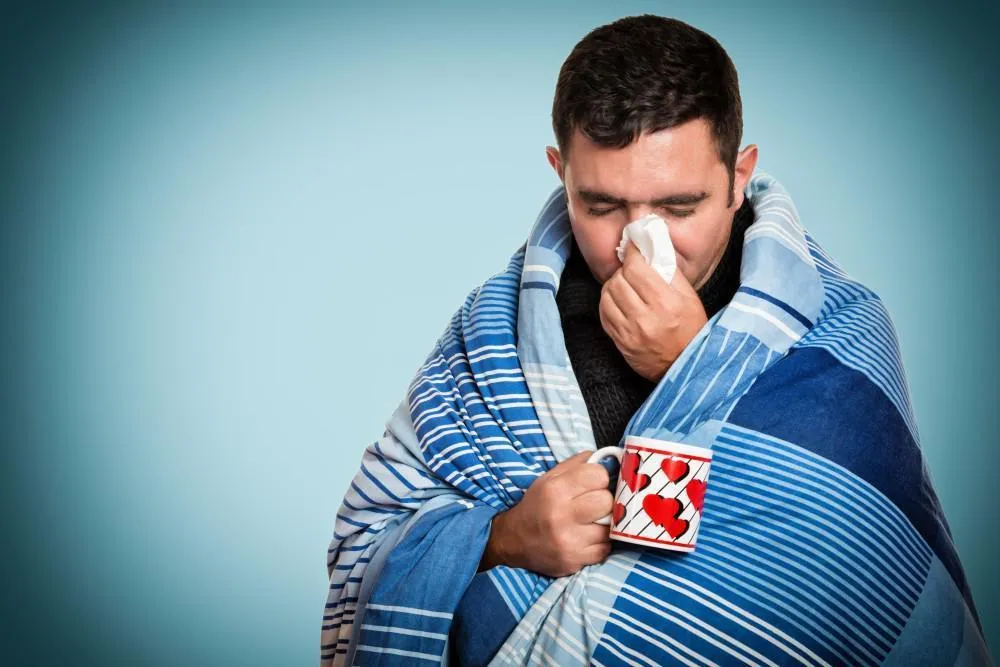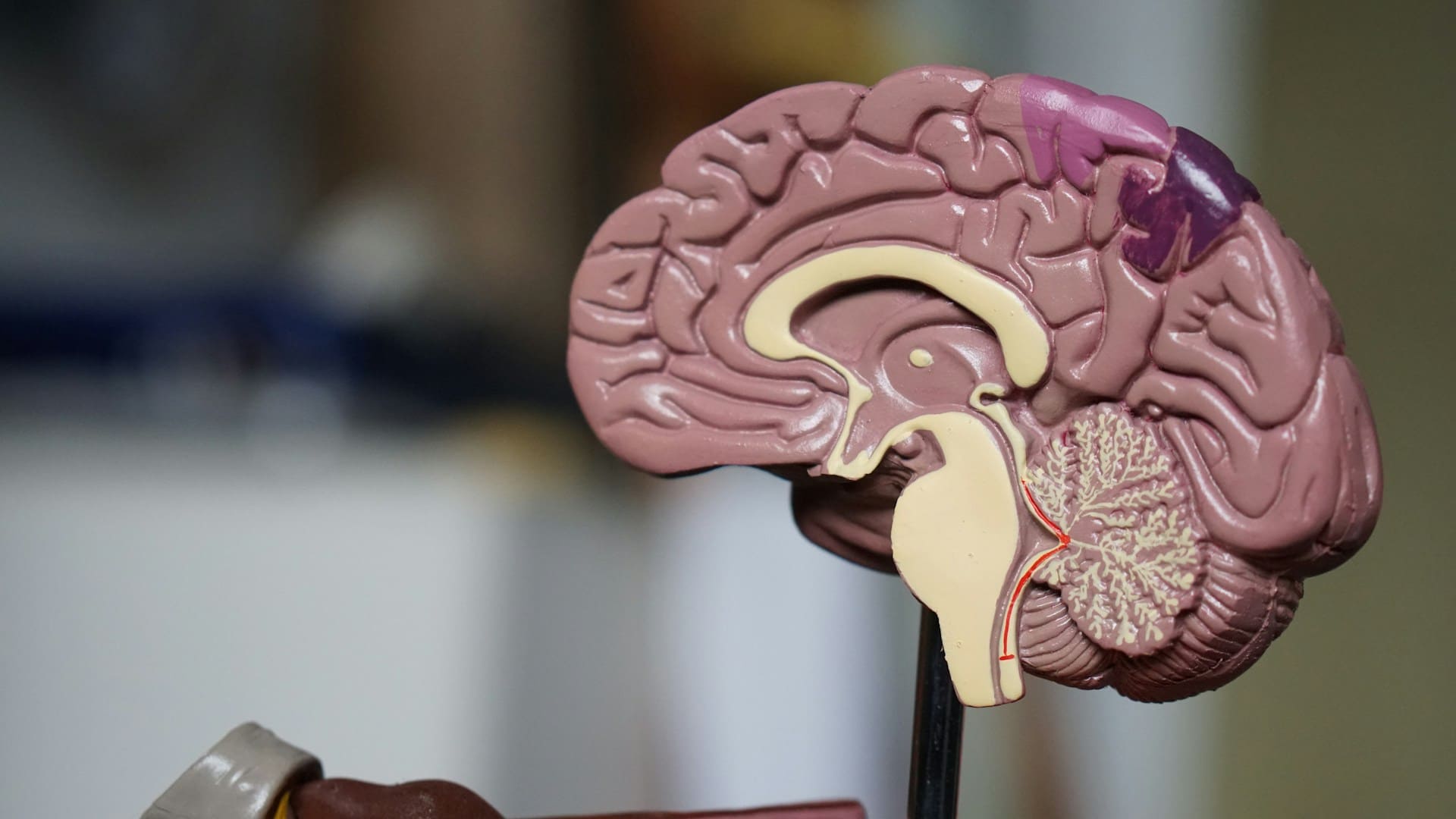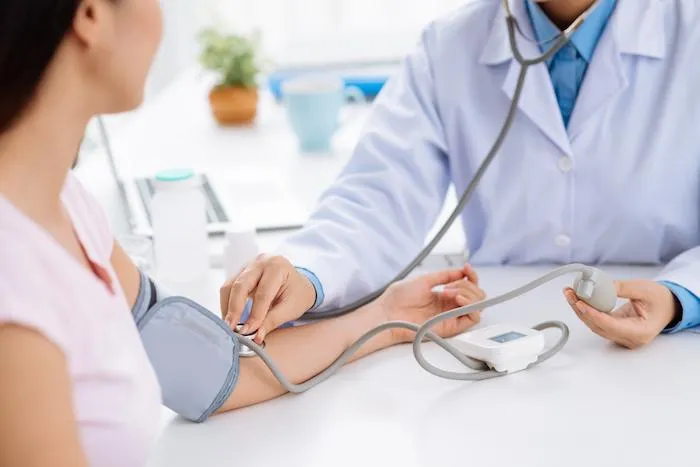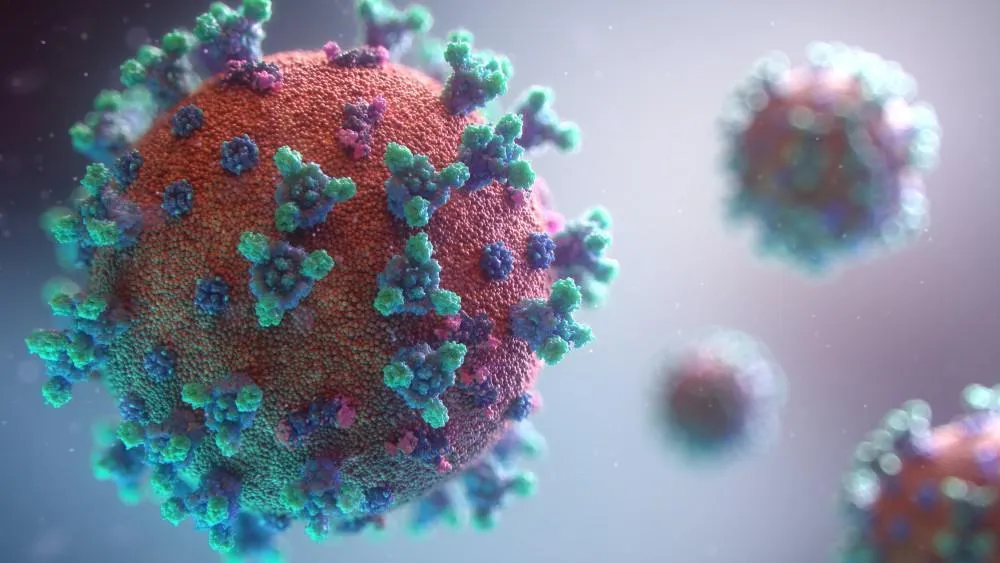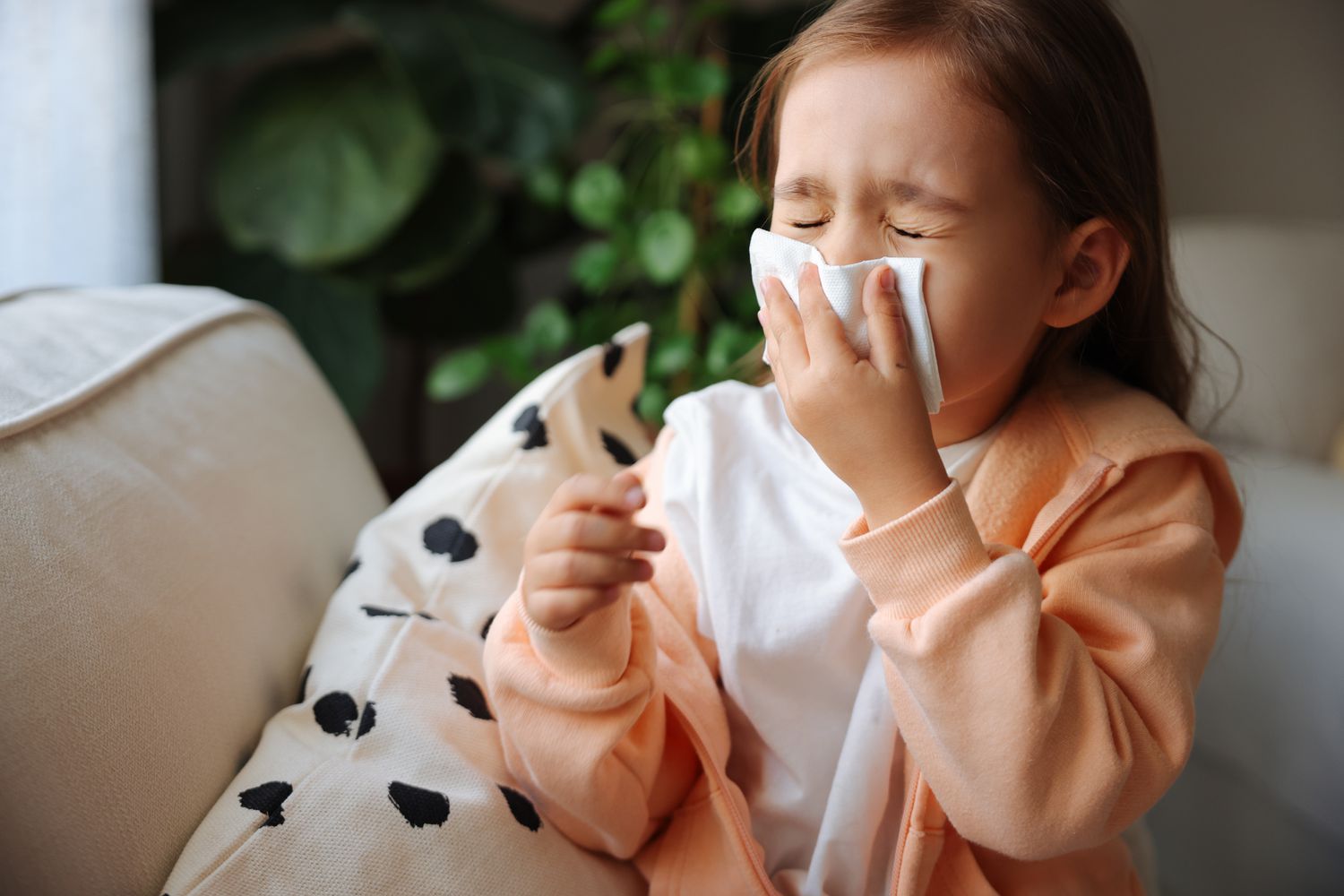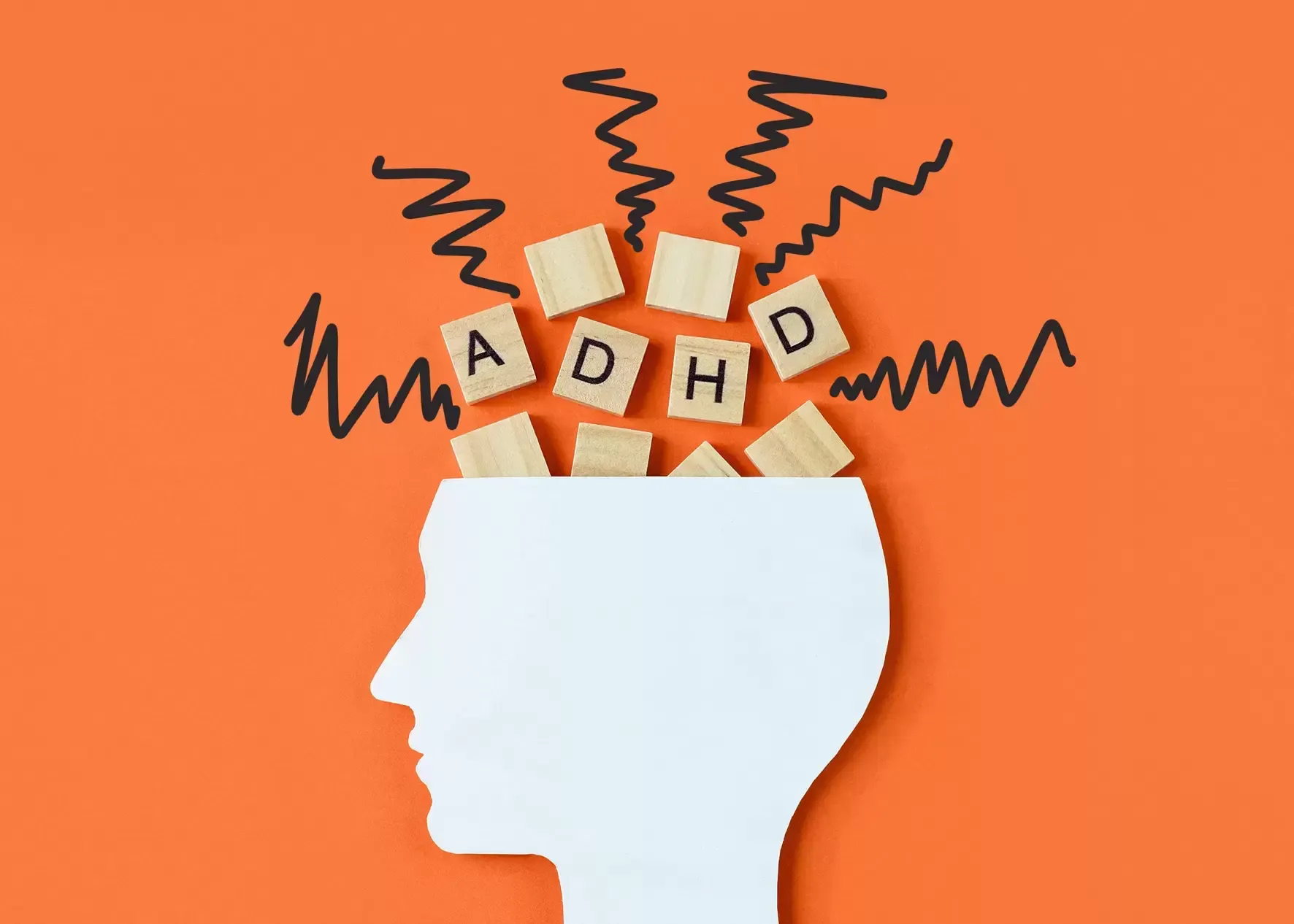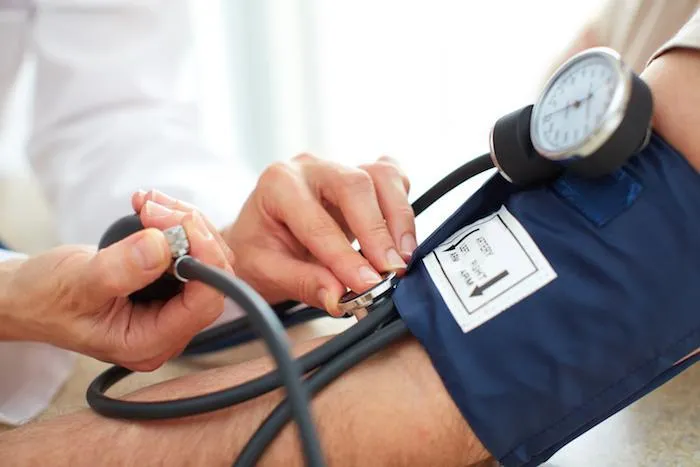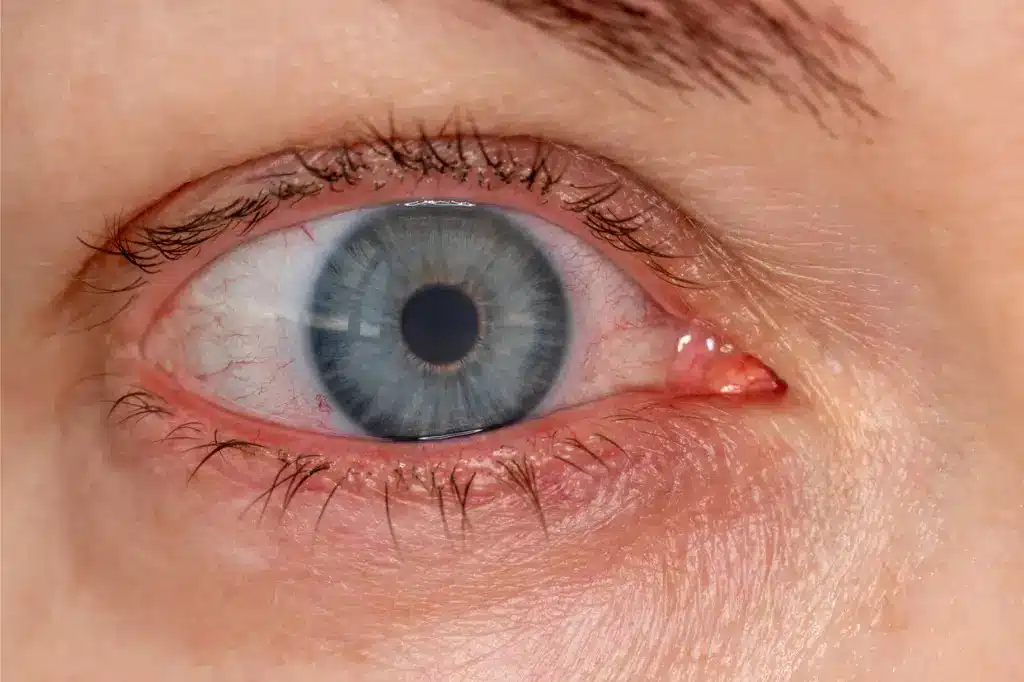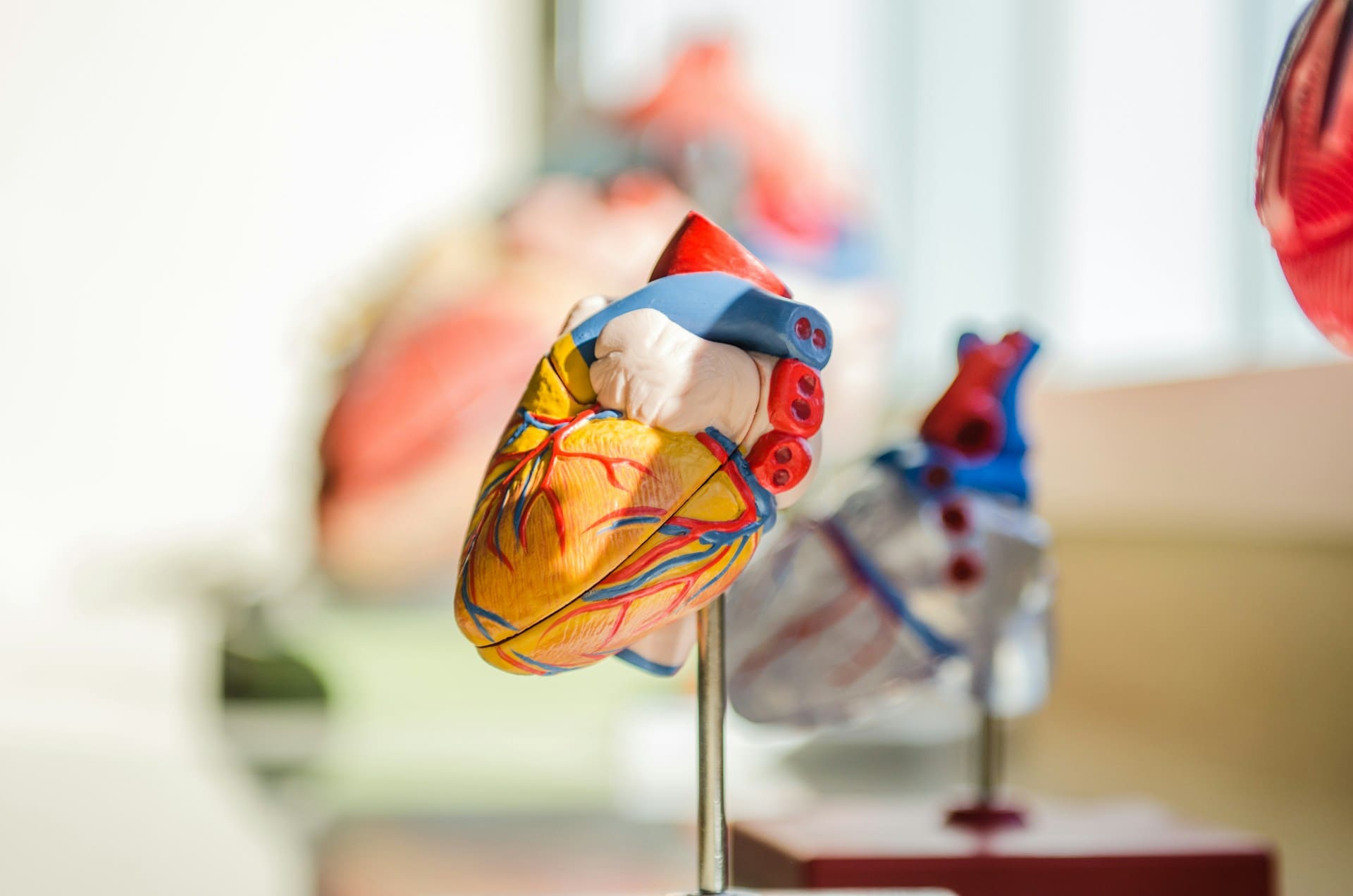Noncardiac Chest Pain: Symptoms, Causes and Treatments
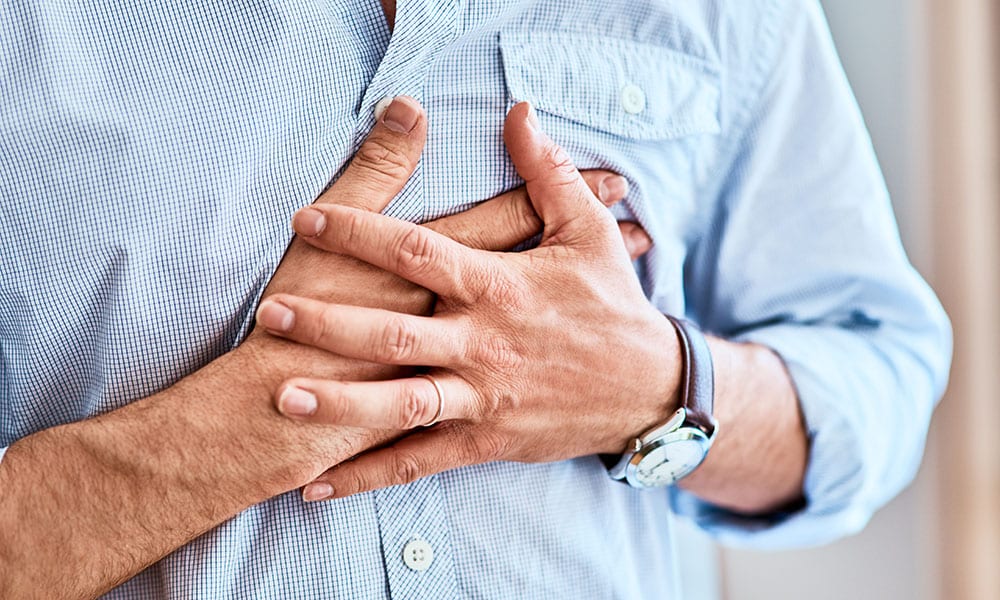
Noncardiac chest pain is a frequent reason to visit a doctor, as it can indicate serious diseases of the lungs, digestive system, and other organs. Chest pain can be different in nature, intensity, localization, duration, and accompanying symptoms. The cause of it is not always the heart; it can be provoked by other reasons. This is what we will discuss in this article.
What is Noncardiac Chest Pain?
Noncardiac chest pain may bring discomfort in the chest area that is not related to heart problems. Although such discomfort can be bothersome, it is often a symptom of other diseases and conditions. Although noncardiac pain is not life-threatening, its symptoms can be frightening and require careful diagnosis to rule out heart disease.
Why is it important to know the difference between cardiac and noncardiac pain or even unexplained chest pain for years?
- Proper diagnosis. Identifying the exact cause of the pain will help your doctor prescribe effective treatment. Heart health screenings may help to diagnose it.
- Relieving anxiety. Realizing that it is not heart-related can significantly reduce anxiety.
Common Symptoms of Noncardiac Chest Pain
Noncardiac chest pain can appear with a variety of symptoms that often resemble heartache but are associated with other causes. Here are the main symptoms of noncardiac chest pain:
- A burning sensation or discomfort in the chest area, especially after eating.
- Sharp chest pain increases with movement or deep breathing.
- Swallowing pain.
- A feeling of tightness or heaviness in the chest that occurs with stress or panic attacks.
- No change in physical activity, which distinguishes noncardiac pain from heart-related pain.
These symptoms can be uncomfortable and distressing, but it is important to remember that it is usually non-heart-related chest pain and requires accurate diagnosis to identify its true cause.
Causes of Noncardiac Chest Pain
Pain in the chest may vary in character and intensity. It may radiate to the arm, shoulder blade, or collarbone. Chest pain causes may include pathological processes in the lungs, mediastinal organs, neuromuscular apparatus, heart disease, abdominal diseases, or skin diseases. Minor causes such as stomach upset, or unusually strong emotions (fright, panic) can also cause discomfort.
Pneumothorax
Pneumothorax occurs when air leaks into the pleural cavity, the area between the lungs and the chest wall, leading to partial or complete lung collapse. It’s also one of the causes of noncardiac chest pain, which is generally sudden, sharp, and pleuritic.
There are primary spontaneous (the cause is not obvious), secondary (trauma to the chest may result in the collapse), and secondary to existing lung diseases, mainly asthma and chronic obstructive lung disease.
Costochondritis
The inflammation of the cartilage joining the ribs to the breastbone (Rib-chest joint) is known as costochondritis. This condition causes pain in the patient’s chest but is not related to cardiac chest pain. Costochondritis sensations can be sharp or dull, intensified by pressing on the chest or movements such as taking a deep breath or coughing. Most often, this noncardiac chest pain is localized in the front of the chest, which can sometimes lead to the mistaken assumption of heart problems.
Costochondritis is usually not associated with serious medical conditions and can be caused by physical strain, injury, or infection. Treatment includes anti-inflammatory drugs and physical therapy to relieve symptoms.
Pulmonary Embolism
Pulmonary embolism is a life-threatening condition whereby a blood clot lodges in any of the pulmonary arteries in the lungs. This can lead to a sudden onset of acute noncardiac chest pain and can be misdiagnosed as an attack of the heart. When the blood flow of the lungs is obstructed, the patient realizes that with every deep breath, cough, or change in position, the discomfort and wrenching pain surface. It can also be accompanied by other manifestations such as shortness of breath, hypertension, tachycardia, diaphoresis, anxiety, and syncope.
Due to the high risk of complications such as lung damage and heart failure from pulmonary embolism, management of this condition must be quick. The main way to offer treatment in a non-invasive way is to use anticoagulants that discourage the new formation of blood clot.
Gastroesophageal Reflux Disease (GERD) and Chest Pain
Gastroesophageal reflux disease (GERD) is a common condition when the stomach contents back up into the esophagus, causing irritation of the esophageal walls. One of the symptoms of GERD can be chest pain, which is often mistaken for a heart attack. GERD chest pain is usually burning and worsens after eating, lying down, or with physical activity. Esophageal chest pain may be accompanied by heartburn, a sour taste in the mouth, a feeling of a lump in the throat and difficulty swallowing.
Treatment of GERD includes changes in diet, quitting certain habits such as smoking and drinking alcohol, and the use of drugs.
Anxiety and Stress-Related Chest Pain
Anxiety and chest pain are common states that can resemble heart symptoms. Stress activates the sympathetic nervous system, triggering the body’s response to threats with increased heart rate, high blood pressure, and muscle tension. This can result in chest pain or a feeling of heaviness or tightness.
This pain is not related to heart problems but is caused by psycho-emotional tension. In addition, there are signs your anxiety is out of control through rapid breathing, dizziness, sweating and feelings of fear. To treat and prevent stress, relaxation techniques, breathing exercises, meditation, and, if necessary, consultation with a psychologist are important.
Musculoskeletal Causes of Chest Pain
Musculoskeletal causes involve illnesses or injuries that affect the muscles, bones, or joints in the chest area. Musculoskeletal pain is often described as sharp, aching, or stabbing. Cardiac discomfort is usually crushing or squeezing. Non-heart-related chest pain is usually localized to a specific location and increases with movement or palpation. Heart feelings often radiate to the left arm, neck, or jaw.
Pain symptoms may increase with breathing, coughing, or exercise. Heart pain often occurs with exercise or stress. Shortness of breath, sweating, and dizziness also are common with heart disease.
Diagnosing Noncardiac Chest Pain
Diagnosing non-cardiac chest pain requires careful attention from your doctor. The goal of chest pain diagnosis is to determine the exact cause of the discomfort and rule out serious conditions such as a heart attack.
The doctor will ask you in detail about the nature of the pain (sharp, dull, burning), its localization and intensity, what triggers it and what relieves it, and the presence of accompanying symptoms (cough, shortness of breath, nausea, etc.). The doctor will also check heart tone and breathing and palpation of the chest.
Additional diagnostic methods may be needed:
- Electrocardiography (ECG);
- Chest X-ray;
- Abdominal ultrasound;
- CT or MRI scans;
- Blood tests;
When diagnosing the disease, it is important to differentiate noncardiac chest pain from cardiac. The second is usually crushing and compressive and may radiate to the left arm, neck, and jaw. Heart pain often occurs with physical exertion and stress. Heart disease may cause shortness of breath, sweating, and dizziness.
Treatment Options for Noncardiac Chest Pain
Noncardiac chest pain treatment depends on the underlying cause of the sensation. It is important to remember:
- Self-medication is dangerous. It is necessary to consult a doctor to make an accurate diagnosis and prescribe appropriate treatment.
- Complex approach. Treatment of noncardiac chest pain often requires a comprehensive approach, combining drug therapy, physical therapy and other methods.
- Individualized approach. Treatment is selected individually depending on the cause of pain and comorbidities.
For those with gastroesophageal reflux disease (GERD), common treatments include lifestyle modifications like avoiding trigger foods and weight management. If a patient has muscle-related chest pain, physical therapy, or anti-inflammatory medications may be recommended to alleviate discomfort.
Treatment of stress-related health problems may involve managing anxiety through therapy, relaxation techniques, or medications such as antidepressants or anti-anxiety drugs. Stress-reducing strategies like mindfulness, exercise, and proper sleep can also play a significant role in relieving noncardiac chest pain related to emotional triggers.
In some cases, particularly if there is esophageal chest pain or hypersensitivity, muscle relaxants or specific medications targeting esophageal function may be prescribed.
Lifestyle Changes to Manage Noncardiac Chest Pain
7 heart-healthy habits will help you manage noncardiac chest pain. First, consider your diet. Certain foods can trigger or exacerbate chest pain. Identify irritants such as spicy dishes, acidic beverages, and caffeine, and limit or avoid them. Additionally, reducing alcohol and smoking consumption is crucial, as these habits can irritate the lining of the esophagus.
Stress management is another area that has stood out as essential. Stress is an overwhelming misery that may be alleviated, especially through deep breathing, meditation, yoga, or even baths, when it comes to managing noncardiac chest pain. Time management, as well as seeking help from friends or a therapist, can also lower stress levels.
Maintain a consistent bedtime and waking hours, create a conducive sleep environment, and avoid energizing and alcoholic beverages before sleep. Make sure you sleep between seven to nine hours every day.
When to Seek Medical Attention
When it comes to chest pain, one important question is when to go to the doctor. Chest pain has many underlying problems, one of which is fatal in nature. If you notice terrible chest discomfort that does not go away but is accompanied by symptoms such as shortness of breath, pain spreading to the arms or jaw, and nausea. Then, you just have to walk to an urgent care clinic close to you, where all your concerns will be addressed.
Even if the pain appears to get better after a few days of resting, you need to see a doctor, especially if you are suffering from other cardiovascular illnesses or if you have one risk factor such as hypertension or diabetes.
Unexplained chest pain for years that doesn’t respond to over-the-counter medication should also prompt a medical evaluation. Ignoring these signs can delay diagnosis and treatment for serious conditions such as heart attacks or pulmonary embolism, which require prompt intervention for the best outcomes. Don’t forget also about annual physicals, which help you take care of yourself.
Conclusion
Noncardiac chest pain can be a distressing symptom, but it’s important to remember that it’s often not a sign of a serious heart problem. If you are experiencing such kind of discomfort, don’t hesitate to consult with a healthcare professional for a proper diagnosis and treatment plan. Early intervention can help alleviate symptoms and prevent complications. Remember, you are not alone, and there are effective strategies available to manage your condition.








